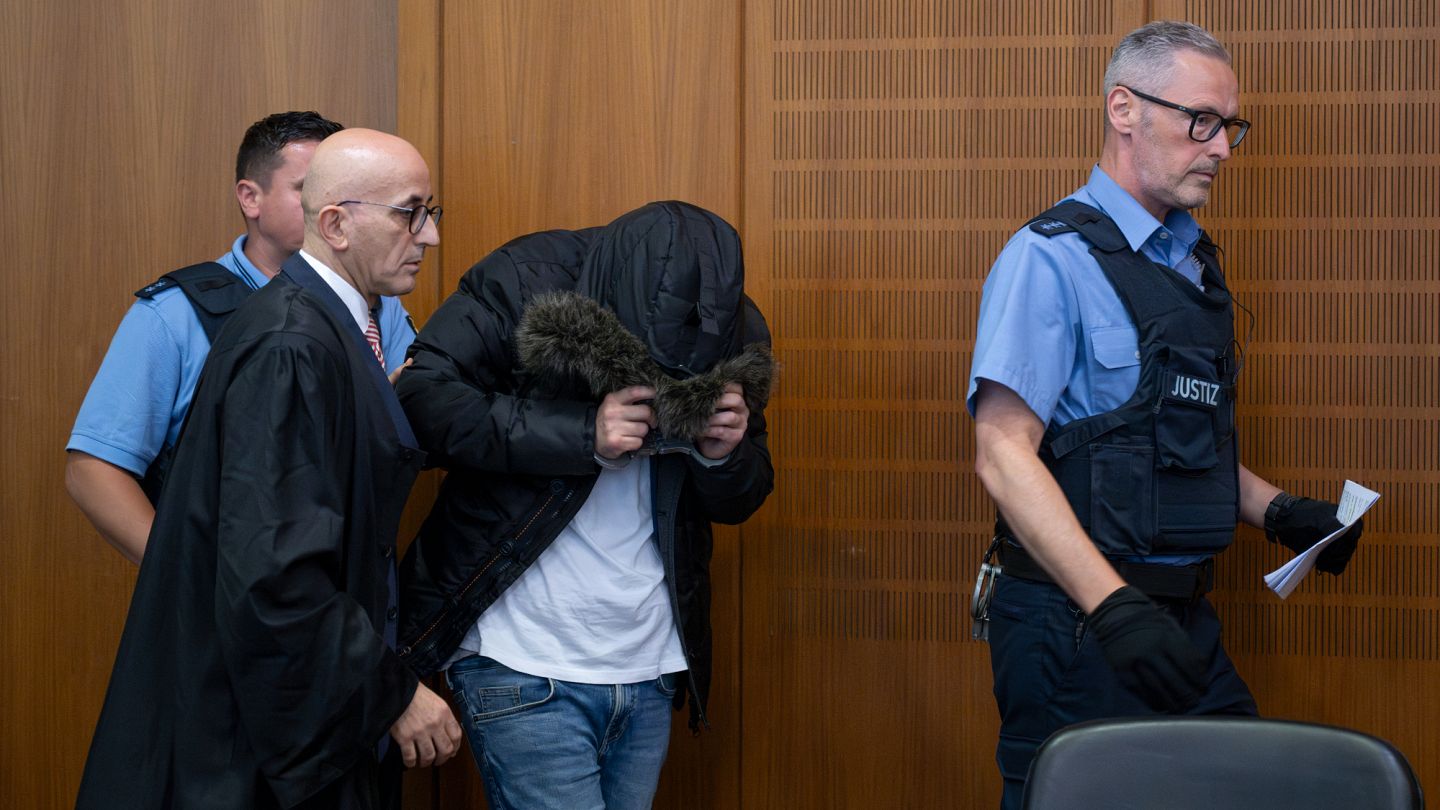
A German court sentenced Syrian physician Alaa Musa to life in prison Monday, June 16, after convicting him of murder and torture in the first case tied to the Assad regime’s systematic abuse since its fall in December 2024.
The Frankfurt Regional Court issued the verdict following a nearly three-year trial that heard testimony from more than 50 witnesses, including victims and legal experts. The court found Musa guilty of crimes against humanity committed in 2011 and 2012, during his tenure at military hospitals and an intelligence prison in Homs and Damascus. He worked in facilities including the notorious Mezzeh 601 Hospital and Military Hospital 608, where he tortured detainees and killed at least two people.
The conviction is the first of its kind since the Assad regime’s collapse, building on previous German trials, such as that of former officer Anwar Raslan. Musa’s case, however, struck a particular chord due to his role as a doctor—a profession associated with healing, not harm.
“This ruling is historic,” said Fadel Abdulghani, director of the Syrian Network for Human Rights (SNHR). “It shows that no professional, even a doctor, is exempt from accountability when complicit in crimes.”
International Legal Support Under Threat
The case was made possible through extensive documentation efforts supported by UN-backed organizations. Yet the verdict comes at a time when the UN Office of the High Commissioner for Human Rights faces a projected $60 million shortfall, threatening future investigations.
“Funding cuts to my office and the human rights system provide comfort to dictators and authoritarian regimes,” said UN High Commissioner Volker Türk during remarks at the 56th session of the Human Rights Council in Geneva. He warned that reduced funding undermines accountability efforts in conflict zones like Syria, where domestic judicial systems remain inactive.
The Independent International Commission of Inquiry on Syria welcomed the German court’s decision, describing it as “evidence of the vital role national courts play” when international mechanisms stall. The EU also praised the ruling. Michael Ohnmacht, the EU’s Chargé d’Affaires to Syria, said the verdict marks “an important step towards holding perpetrators accountable,” adding that there is “no future in Syria without transitional justice.”
Building a Justice Framework for Syria
Rights advocates stressed that Musa’s trial must serve as a foundation for broader reform. Abdulghani urged Syria’s transitional authorities to create a special domestic court, amend penal codes to include war crimes, and ratify the Rome Statute of the International Criminal Court (ICC).
He also called for greater inclusion of civil society in the justice process. “This trial is a model,” he said. “Its details should become part of a Syrian archive that exposes the regime’s abuses and informs future prosecutions.”
Legal experts echoed that sentiment. Patrick Kroker of the European Center for Constitutional and Human Rights said the Musa conviction “sends a clear message to perpetrators” and proves the strength of universal jurisdiction when national systems fall short.








